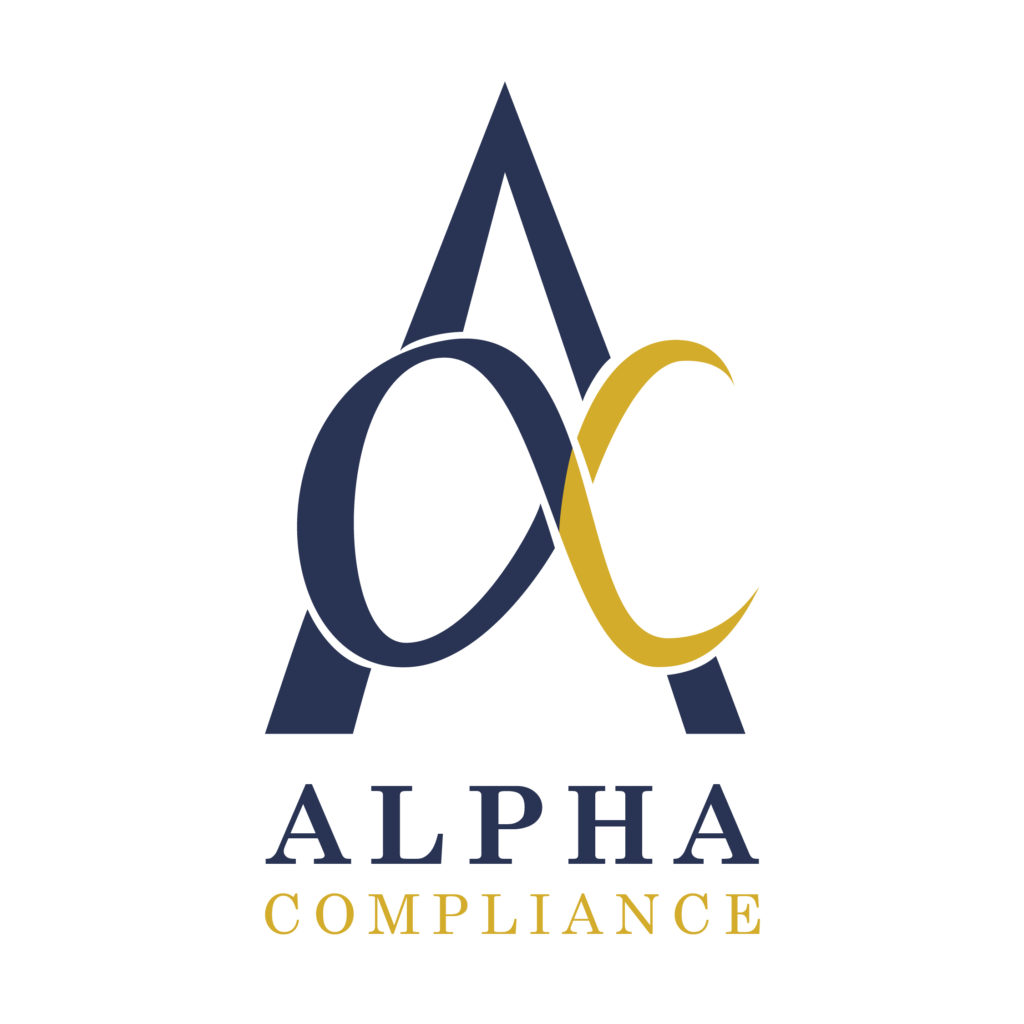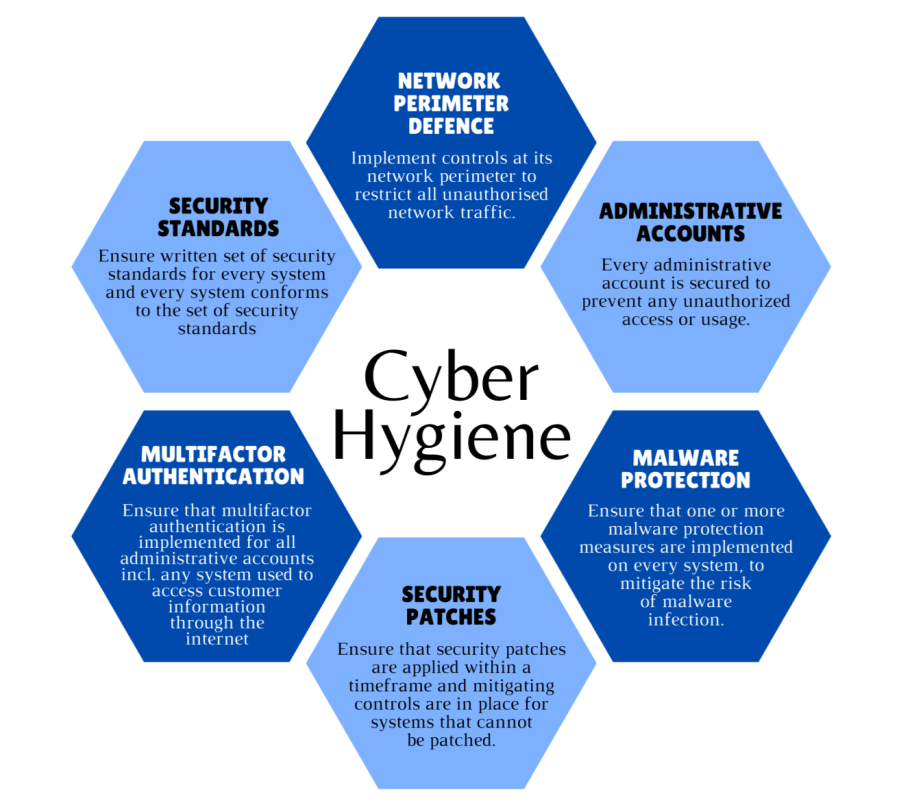
Recently, ICBC Financial Services, experienced a ransomware attack “that resulted in disruption to certain” systems. The cyber experts have said the ransomware used is called LockBit 3.0. LockBit is the group
responsible for similar cyber-attacks on other major organisations in the past year, including US plane
maker Boeing. LockBit has emerged as a leading global ransomware threat, according to US authorities.
This ransomware attack resulted in a severe operational impact, creating a temporary debt of $9 billion to
BNY Mellon, a figure substantially higher than the bank’s net capital. The attack was extensive enough to
disrupt the firm’s corporate email system, leading employees to resort to using Google Mail for
communications.
Cyber Hygiene to thwart ransomware:
Cyber-attacks disrupt businesses and operations. The lead to massive ransomware payouts and damaged
corporate reputations. Cyber hygiene has become a key method for creating operational resilience. Ransom
payment haven’t ensured release of data or future attacks. One ransom payment ends up financing next ten
cyber-attacks. The average downtime caused by a ransomware attack is 23 days.
Using good cybersecurity practices can enhance your organization’s resilience to ransomware attacks, improve your visibility and control of your environment, and expedite incident response.
MAS Technology Risk management Guidelines prescribes six cyber hygiene practices:
Using good cybersecurity practices can enhance your organization’s resilience to ransomware attacks, improve your visibility and control of your environment, and expedite incident response.
MAS Technology Risk management Guidelines prescribes six cyber hygiene practices:


